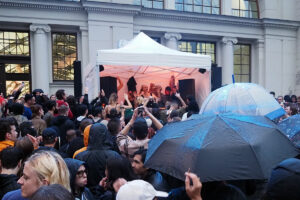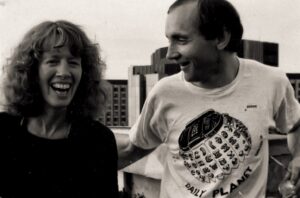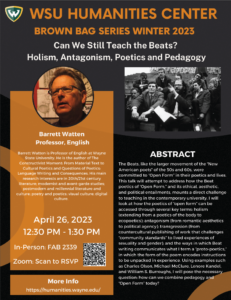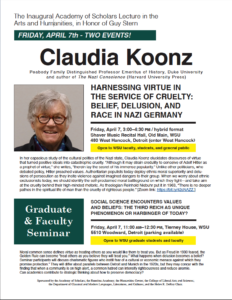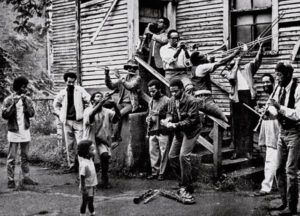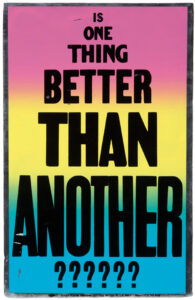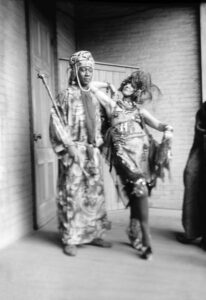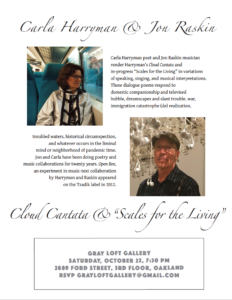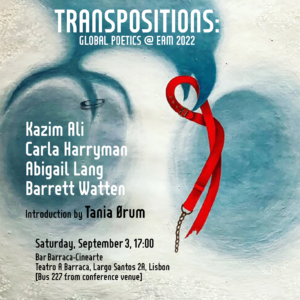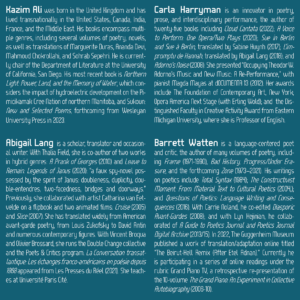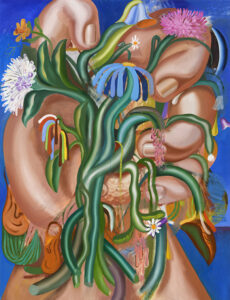Friday, June 16
DB ICE 1040 Bergen auf Rügen > Berlin Hbf
54 Ebertystraße, Friedrichshain, Berlin
Carla Harryman
Ragna Berg
Florian Werner
Ellen Allien
Hamburger Bahnhof
Just about to get there; we have been away. Time crosses space, beginning in Rügen Island and ending in Berlin. Then we were advised to come and we would arrive. The party crowd is aware of its having a location in time and space, had been there for awhile—before we came. The party crowd at the Hamburger Bahnhof, celebrating the new director, a new orientation for art. As we come from a distance, the music invites us in, not yet there. On arrival it is there, an insistent pulse, meditative, cruising on horizontal, an endless plane of immanence, synced in time. He is coming soon, wrote Wittgenstein; he will be coming, he will have come. That must be the new director. Then he will have arrived. Gertrude Stein repeated the phrase, only with modulation. Ellen Allien is the legitimate appointee of the new director, hired to entertain and inspire the crowd, to be a work of art in herself. The party crowd is a work of art in itself, an instance of Gertrude Stein advancing in time. As the director himself had written, “The limits of my language mean the limits of my world“—that is the principle of new art at the Hamburger Bahnhof. It is raining, the crowd is moving slightly then more openly, Ellen Allien gestures to the sky, arms raised, rain is coming down. A steady pulse of the language of limits becomes an episode in time and space. We are not afraid of speaking.
A man coming.
Yes there is a great deal of use in a man coming but will he come at all if he does come will he come here.
How to you like it if he comes and look like that. Not at all later. Well anyway he does come and if he likes it he will come again.
Later when another man comes
He does not come.
Girls coming. There is no use in girls coming.
Well anyway he does come and if he likes it he will coming gain.Ellen Allien is the legitimate heir of Gertrude Stein. Nonsense, she pushes a button and there is a new orientation to the beat. Nonsense. Pulse, difference. Slight movements under an umbrella, the umbrellas are folded. We learn the new meaning to experience time and space, under the auspices of the new director, as an example of the new art. The art is coming all over with newness, like Gertrude Stein coming to Radcliffe, GIs arriving in the Bavarian Alps. The movement begins with a slight dancing, becomes more pronounced, is shared by many in the crowd. Finding a position in the middle, unable to really get a look at Ellen Allien, stepping back, her arms are raised with the beat. And a gigantic pause makes ensuing pulse more danceable, this is the basic grammar of techno. Nonsense. Now take a position a bit farther back, focus and click. On the pause that makes the pulse happen. Let us say what Ellen Allien teaches: electronic dance music teaches. She is the instructor of the moment, hired by the director, as an example of the new art. Her whole life is oriented toward this moment of instruction, in the form of a work of art, a way of being historical. This is the mandate of the Nationalgalerie der Gegenwart: to preserve the present as ethical obligation in the form of Ellen Allien and the crowd, moving under rain, skies now clearing, continuing as may be, a work of art.
